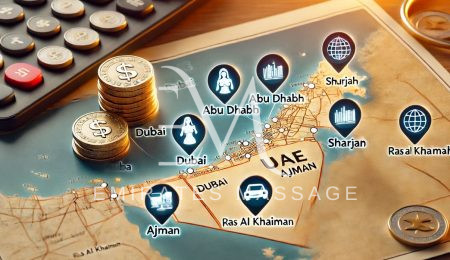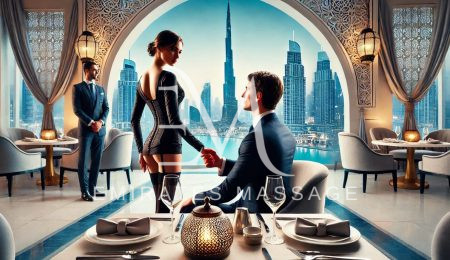The purchase of experiences has become increasingly popular in recent decades, especially with the rise in wealth and the spread of consumer culture. Services such as luxury travel, special dinners, or even escort services are all part of a trend where people prefer to spend on experiences rather than material possessions. But why is purchasing experiences so attractive, and how does money affect their enjoyment? Let’s explore the psychology behind purchased experiences.
The Motivation Behind Buying Experiences
In modern society, the main driving force behind buying experiences is the desire to create memories that bring long-term happiness. Research shows that experiences generally bring more happiness than owning material items. This is because experiences, whether it’s an exotic trip or a special dinner, create a stronger emotional connection between the individual and the moment experienced.
The psychology behind buying experiences partly stems from the desire to experience something unique that differs from everyday life. Stepping out of the ordinary, discovering a new environment, or feeling excitement are the key motivators. People not only enjoy the experience in the moment but also look back on those moments with joy, making the purchase of experiences capable of providing long-term happiness.
The Relationship Between Money and Enjoyment Value
It is important to understand how money affects the enjoyment value of experiences. High-cost experiences often serve as status symbols, which can boost an individual’s self-esteem. A luxury dinner or an expensive escort service is valuable not only for the immediate pleasure it provides but also because it can be interpreted as a sign of social status. People like to spend on things that express their social standing, and experiences are no exception.
In the case of buying experiences, the value of money is not necessarily only measured by the quality of the purchased service. Often, people seek the emotional impact of the experience, which can increase in proportion to the cost of the service. The knowledge of experiencing something special and exclusive, such as a private boat trip or a premium escort service, brings joy not only in the moment but also remains memorable later and can bring social recognition.
Why Are Experiences More Attractive Than Objects?
The psychology of purchased experiences is closely related to the fact that most people find more satisfaction in experiences than in material goods. Experiences are typically more social than objects: during a trip, we can spend time with friends or family, while buying a new car often provides individual joy. Sharing experiences also increases their value, as shared memories, stories, and the resulting relationships bring longer-lasting happiness than objects.
There is a psychological phenomenon related to experiences called “hedonic adaptation.” This means that people adapt relatively quickly to objects, which eventually become everyday, while the memory of experiences lasts longer and has a positive impact on an individual’s emotional state. A luxury experience, such as a unique trip or a private dinner with a famous chef, can be recalled repeatedly, evoking positive feelings even months or years later.
The Role of Purchased Experiences in Self-Expression
Buying experiences is also a form of self-expression, allowing people to show who they really are and what is important to them. The search for special experiences is often linked to an individual’s desire to show their uniqueness to the world. In the age of social media, there is a particular emphasis on sharing experiences: photos from a luxury trip or participation in an exclusive event all serve the purpose of showcasing special moments in one’s life.
In the case of escort services, the desire for self-expression is also evident. Some clients choose this service because they want to treat themselves to something special or step out of the ordinary for a moment. The personalized nature of the experience and the special attention someone receives also contribute to making the experience lasting.
Conclusion
The purchase of experiences is increasingly coming to the forefront in consumer society, particularly in the realm of luxury services. The psychological appeal of experiences lies in emotional connection, self-expression, and the provision of long-term happiness. The role of money here is not only manifested in the quality of the service but also in the emotional impact of the experiences, which people can recall again and again. Therefore, buying experiences is not just about the pleasure of the moment but also carries long-term emotional and social value.





Leave a Reply